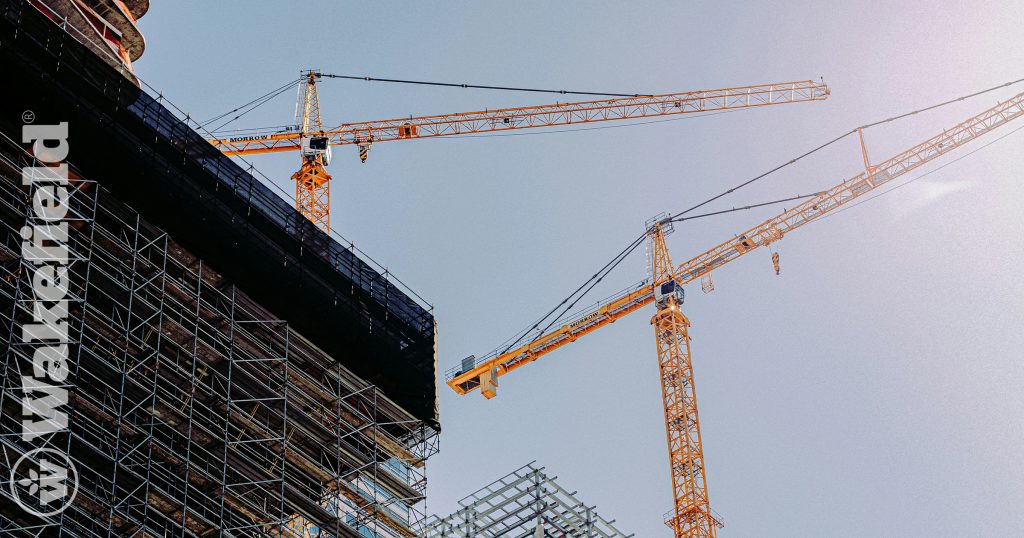Biochar in Construction: A Sustainable Innovation for Stronger, Smarter Buildings

Biochar is widely known for its role in gardening and soil improvement, but its benefits don’t stop at the garden gate. Today, biochar is gaining ground in the construction industry—offering sustainable solutions for insulation, concrete additives, and overall material performance.
🔍 Why Use Biochar in Construction?
As a carbon-rich material with excellent moisture control, thermal resistance, and fire-retardant properties, biochar is an exciting new ingredient in green building technologies. Whether you’re looking to improve concrete strength, increase energy efficiency, or reduce fire risk, biochar has a place in modern construction.
🧱 Biochar as a Concrete Additive
Traditional concrete contains aggregates like sand, gravel, and crushed stone for strength. However, biochar—especially from recycled materials like spent coffee grounds—is being tested as a lightweight, carbon-negative replacement for sand.
- A recent study shows that biochar-enhanced concrete can reduce weight while maintaining or improving structural integrity.
- Globally, we generate over 22 billion pounds of coffee waste annually. Repurposing this waste into biochar for concrete helps divert organic waste from landfills and reduces reliance on mined sand.
🏠 Biochar for Building Insulation
When combined with materials like lime plaster or clay, biochar improves thermal insulation and supports passive temperature regulation. This means cooler buildings in the summer and warmer interiors during winter—without overloading your HVAC system.
Additional benefits:
- Sound insulation: Biochar helps reduce noise between shared walls or multi-family units.
- Fire resistance: Its natural structure slows the spread of flames—offering peace of mind in both residential and commercial builds.
🛠️ Enhancing Building Materials with Biochar
Incorporating biochar into building materials improves overall durability and environmental performance.
- Moisture Control: Biochar absorbs and redistributes water vapor, preventing mold and humidity build-up.
- Fire Retardant: Biochar in concrete or insulation materials enhances fire safety—potentially lowering insurance risks.
- VOC Absorption: Its porous structure helps trap indoor air pollutants and improve air quality.
✅ Benefits of Biochar in Construction
| Benefit | Description |
|---|---|
| Energy Efficiency | Natural insulating properties reduce heating and cooling costs. |
| Moisture Control | Retains and regulates indoor humidity levels, improving comfort and air quality. |
| Fire Resistance | Slows flame spread when added to insulation and concrete. |
| Carbon Sequestration | Locks carbon in building materials, making construction more climate-friendly. |
| Circular Economy | Turns organic waste into a valuable, long-lasting resource. |
📚 Research & Case Studies
- University of Edinburgh is testing the performance of biochar in cement composites.
- ETH Zurich has piloted hemp-and-biochar insulation boards for passive buildings.
- Green Building Council highlights biochar as a key material in the future of low-carbon construction.
Interested in reading more? Here’s a whitepaper from the International Biochar Initiative on construction-grade biochar applications.
📞 Contact Us to Learn More
Wakefield BioChar is leading the way in sustainable biochar solutions—from agriculture to architecture. Whether you’re exploring biochar in asphalt, eco-concrete, or soil restoration around new builds, our team can help you find the right blend for your project.






